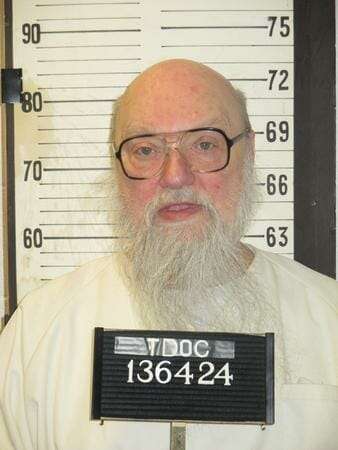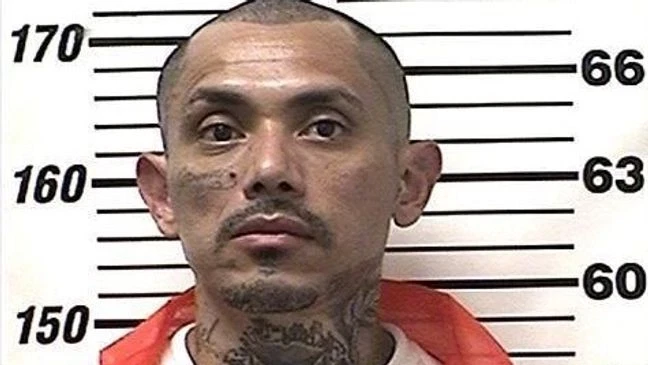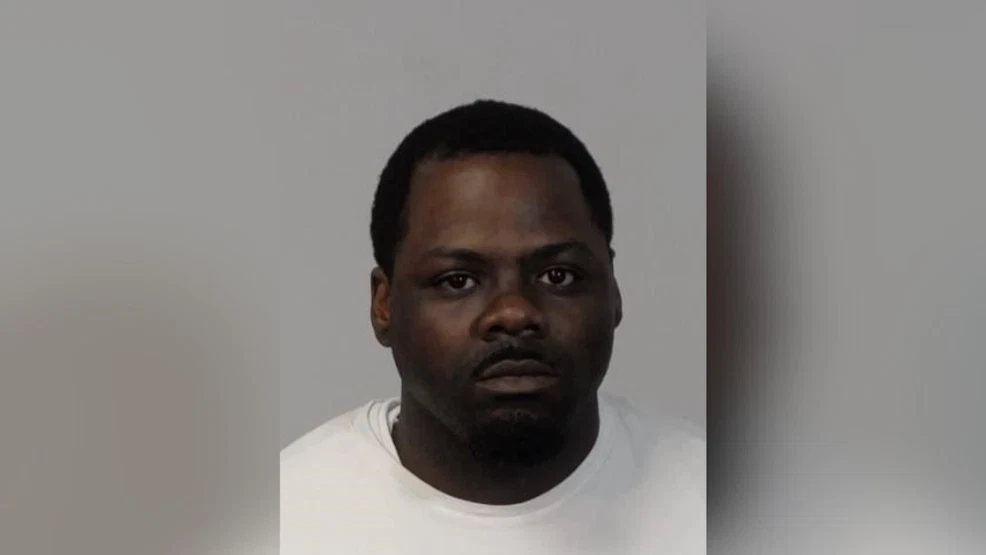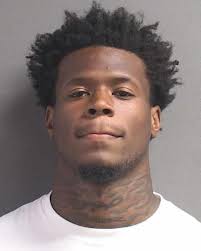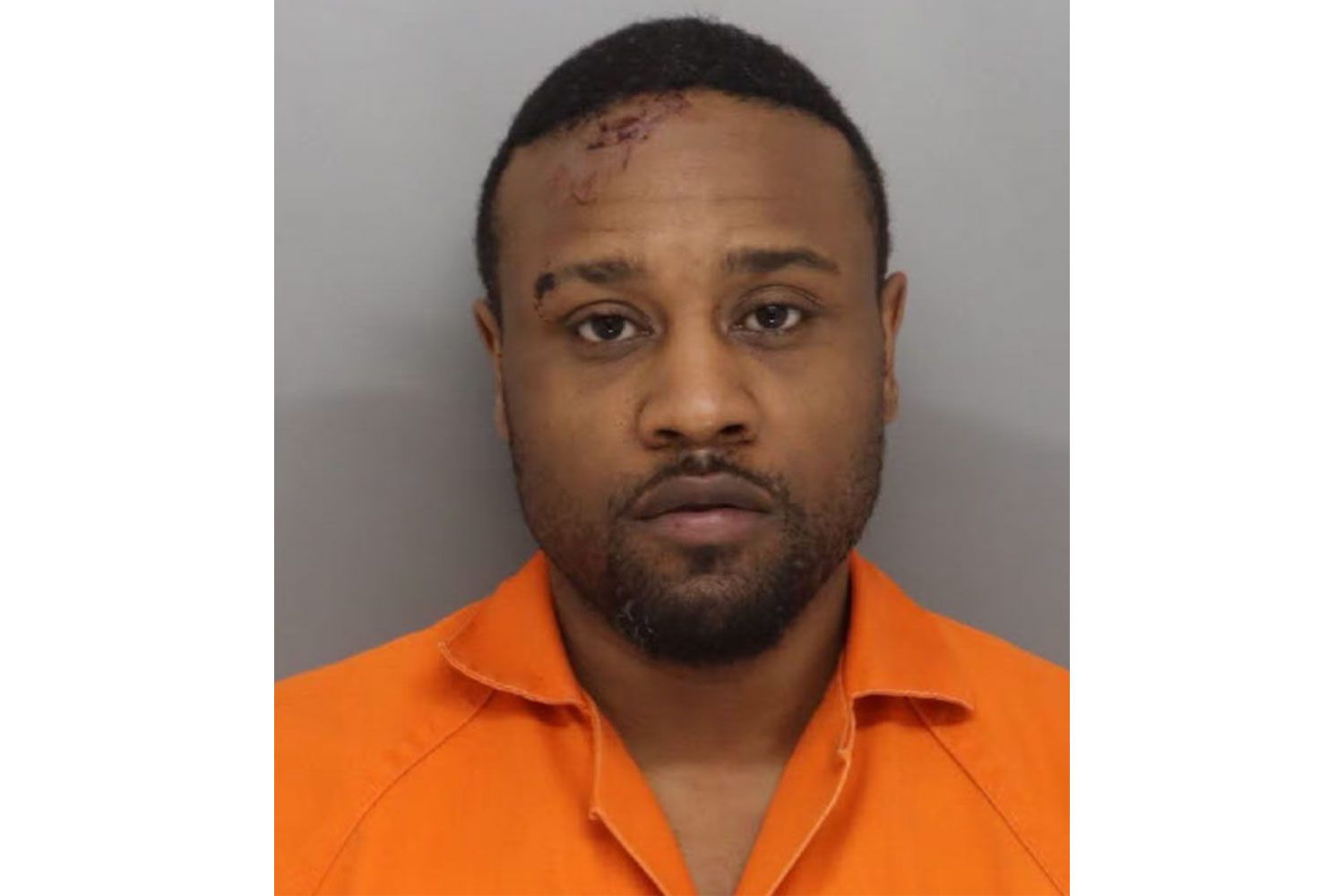Rhonda Paulynice Murders Son
Rhonda Paulynice is an accused killer from Florida who has been charged with the murder of her six year old son According to police reports Rhonda Paulynice would murder her six year old son Ra’myl Pierre on May 18 2025 however the body of the little boy would not be found until May 30 2025. … Read more



